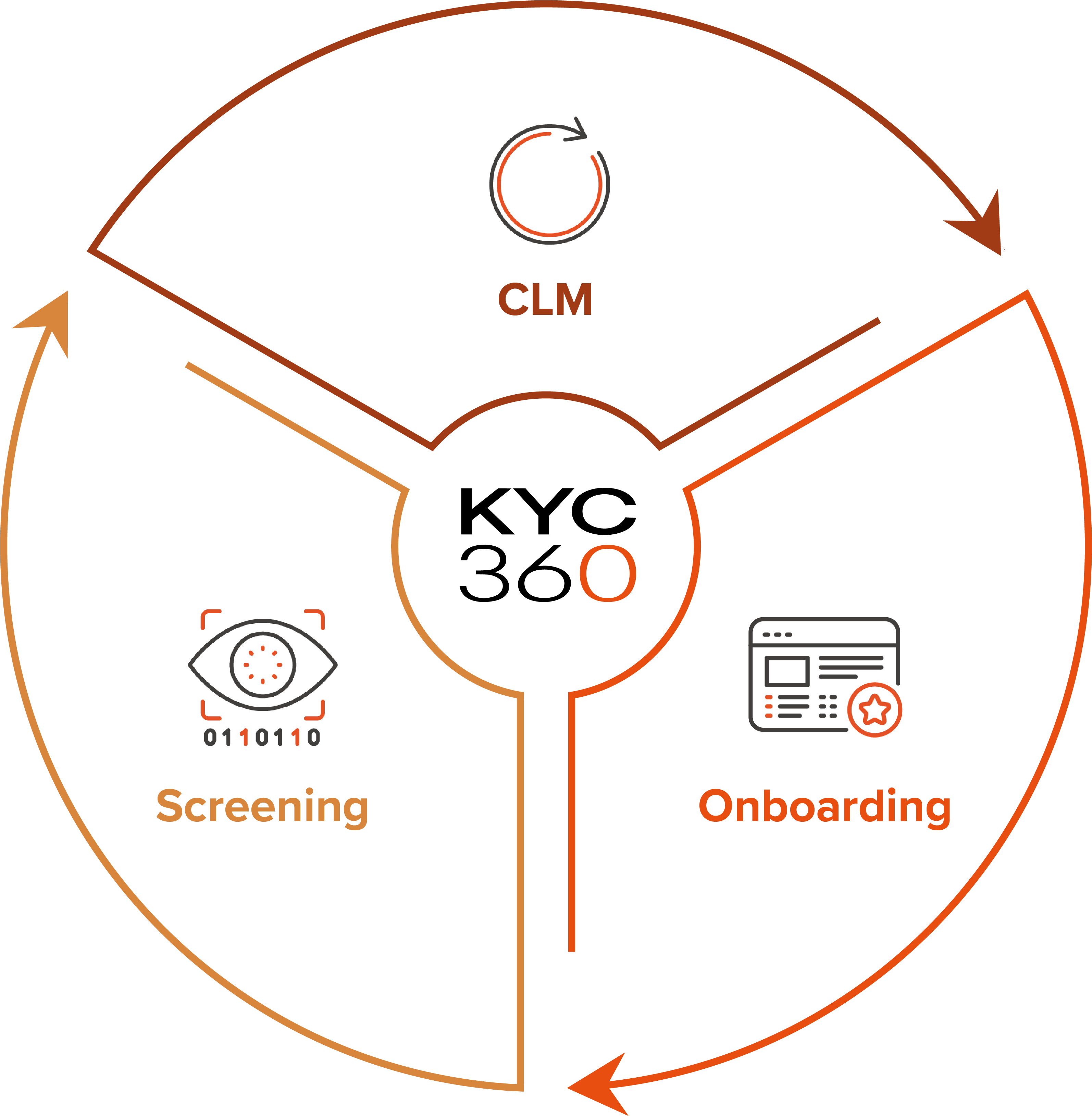Biggest AML Fines for UK Law Firms in 2025
2025 has seen UK regulators take a tougher stance on anti-money laundering (AML) failures across the legal sector. The Solicitors Regulation Authority (SRA) and Solicitors Disciplinary Tribunal (SDT) have issued significant fines against law firms. See the largest penalties, key compliance failings and the critical lessons for professional services organisations.
Simpson Thacher & Bartlett LLP
A Solicitors Regulation Authority (SRA) review of the London office of U.S. firm Simpson Thacher & Bartlett uncovered historic control weaknesses, leading to a £300,000 fine in March 2025. The firm has since invested in remediation efforts.
Key Failings:
- No compliant firm-wide AML risk assessment for extended periods
- Non-compliant client/matter risk assessments
- Deficient AML policies, controls and procedures
- Heightened exposure to financial crime risk (no evidence of actual laundering)
Taylor Vinters (now part of Mishcon De Reya LLP)
Taylor Vinters, which has since merged with Mishcon De Reya, was fined £172,934 in July 2025 for inadequate checks on a 2017 property deal, where a beneficial owner’s Politically Exposed Person (PEP) status was missed.
Key Failings:
- Failure to identify PEP status pre-completion
- Inaccurate assurance given to counterpart solicitors about PEP status
Tolhurst Fisher LLP
Tolhurst Fisher LLP was fined £120,000 by the Solicitors Disciplinary Tribunal (SDT) in May 2025 for non-compliance with two sets of AML regulation across a 15-year period. The firm has since taken active steps to remediate these failures.
Key Failings:
- No compliant firm-wide risk assessment for 15+ years
- Weak CDD on sampled files, including source-of-funds checks
- Failure to apply repeated regulatory guidance
Amphlett Lissimore Bagshaws LLP
Amphlett Lissimore Bagshaws LLP was fined £114,006 in July 2025 after an SRA review identified multi-year gaps. The SRA acknowledged the firm’s cooperation and later remediation, but stressed that the basic controls missing from 2019 to 2024 had created unnecessary risks.
Key Failings:
- Absent formal client/matter risk assessment process
- Non-compliant AML PCPs (2019–2024)
Gordons Partnership 2020 LTD
Gordons Partnership 2020 LTD was fined £77,784 in June 2025 after an SRA inspection found systemic weaknesses across files and governance. The firm has since committed to remediation efforts.
Key Failings:
- Non-compliant client/matter risk assessments
- Deficient AML policies, controls and procedures
- Heightened exposure to financial rime risk (no evidence of actual laundering)
T G Baynes Solicitors
T G Baynes Solicitors was fined £63,869 by the SRA in June 2025 after a review revealed a six-year period of AML lapses. The firm eventually achieved compliance during the investigation, but the regulator still imposed a turnover-based penalty to reflect the seriousness and duration of the breaches.
Key Failings:
- Absent/ineffective AML PCPs (2018–2024)
- No client/matter risk assessments
- Duration of gaps assessed as “longer than reasonable"
Key lessons for law firms
- Robust risk assessment is essential
Firms must maintain a living firm-wide AML risk assessment, robust AML PCPs, and documented client and matter risk assessments (CMRAs). - Cultivate a culture of compliance
Retrospective fixes do not remedy historic breaches and longer breaches usually result in larger fines. Staff must feel empowered to report breaches as soon as possible, with senior leadership enabling a culture of compliance. - Apply risk-based due diligence
It is vital to identify PEPs/Sanctions, verify source of funds/wealth effectively, secure senior approvals, and monitor higher risk matters. - Evidence effectiveness
Staff must receive regular AML training, records must be kept up to date, and regular independent AML audits should be utilised to detect potential gaps.
Conclusion
These fines reflect the SRA and SDT’s increasingly stringent approach to enforcing AML/CTF compliance. Penalties can no longer be viewed as a mere cost of doing business. Rather than a box-ticking exercise, effective compliance can become a strategic advantage. reducing manual workloads, enhancing client experience, and enabling faster time to revenue.
See how KYC360 enables law firms to comply and outperform in an increasingly challenging regulatory environment.
The KYC360 platform is an end-to-end solution offering slicker business processes with a streamlined, automated approach to Know Your Customer (KYC) compliance. This enables our customers to outperform commercially through operational efficiency gains whilst delivering improved customer experience and KYC data quality.
